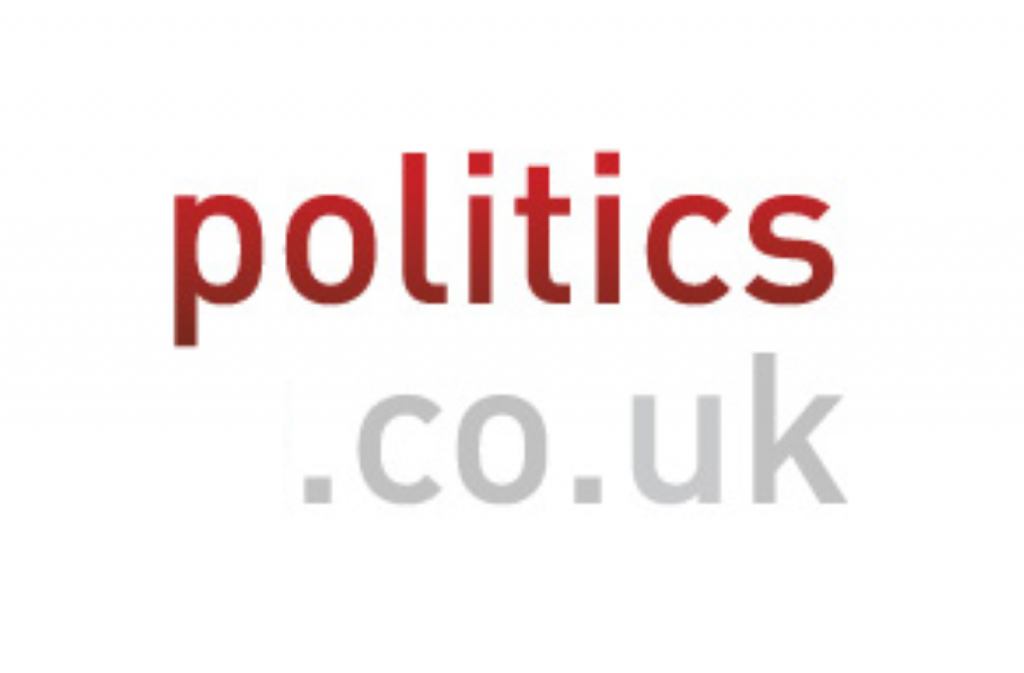Security tight as G8 summit opens
Violent protests are expected as the leaders of the world’s seven richest countries and Russia gather at the G8 summit in Gleneagles today.
More than 10,000 police officers have been drafted into deal with the thousands of protestors who have converged upon Edinburgh and the Gleneagles estate this week.
Although most are there to peacefully urge the leaders of the US, Japan, France, Russia, Germany, Italy, Canada and Britain to tackle the major problems of climate and change and Africa, some anti-globalisation protestors are there to disrupt the meeting.
More than 60 people appeared in court yesterday following clashes with police on Monday. Security measures at the event have been described as “vigorous” as police try to avoid a repeat of the 2001 G8 summit in Geneva, when violent protests left one person dead.


Inside the summit, prime minister Tony Blair, who is chairing the two-day meeting, is seeking an agreement on climate change and helping Africa through the triple measures of increased development aid, cutting debt and relaxing trade rules.
On climate change, Mr Blair hopes to persuade the G8 leaders to sign a statement saying that manmade global warming exists and is a threat.
But US president George Bush has already expressed his reservations about the scientific basis for this and has made clear he will reject any attempts to come up with an international agreement on curbing carbon emissions unless developing countries are involved.
Mr Blair is also pushing for the G8 to write off 100 per cent of all bilateral debts for the poorest countries and has called for a doubling of development aid. Fairer trade rules, much of which means cutting agricultural subsidies in the West, are also vital, he believes.
On this issue, it is less Mr Bush than French president Jacques Chirac who is expected to stand in Mr Blair’s way. Mr Bush has already agreed to triple US aid and said he would scrap US agricultural subsidies if the European Union would do the same.
But the issue of EU subsidies, from which France benefits the most, led to the collapse of EU budget talks last month and, amid deepening tensions between France and Britain, is likely to be a serious sticking point at the summit.












